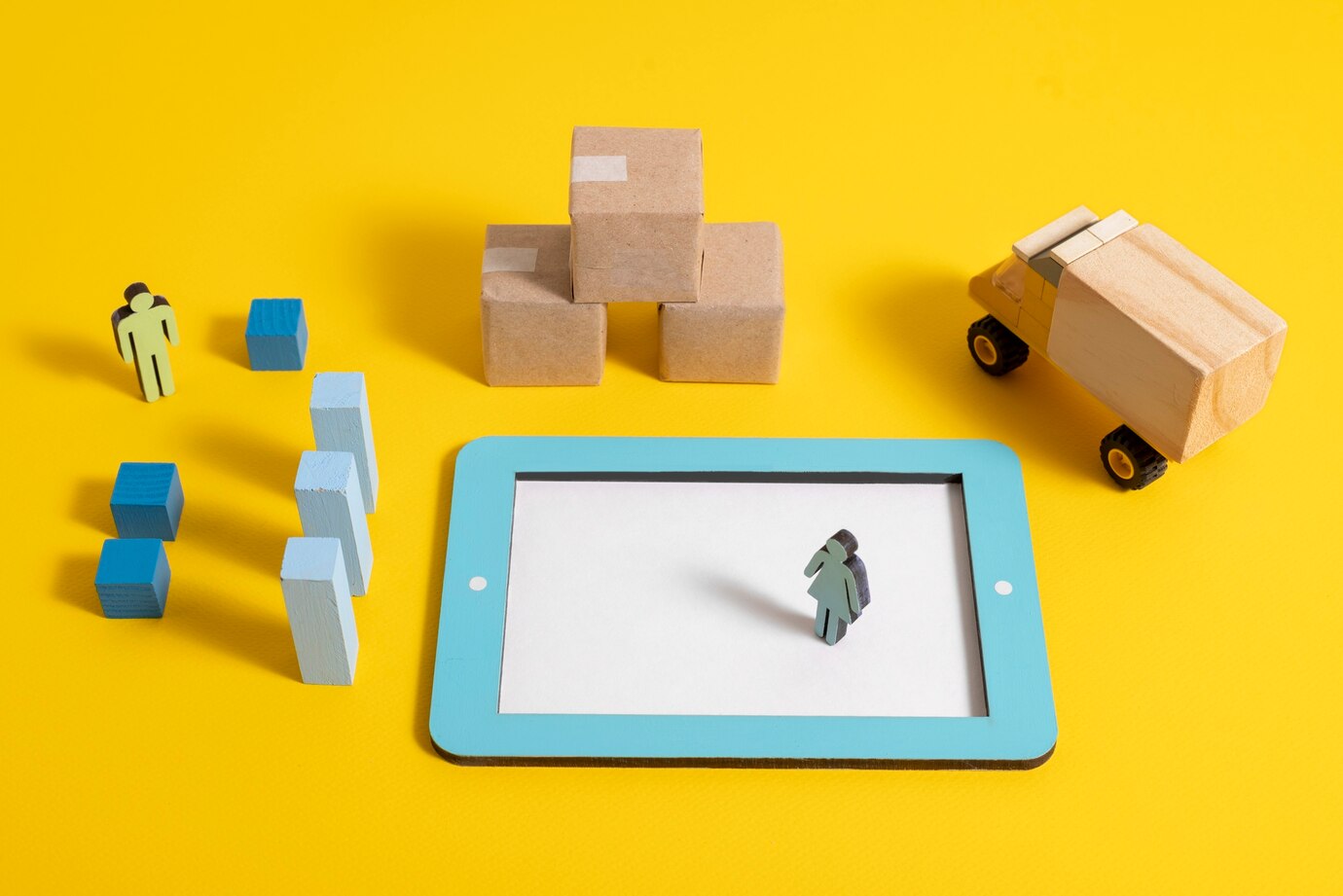
It is an exciting phase for the healthcare technology sector of the ever expanding healthcare industry. New technological innovations are making headlines everyday. These technological inventions are contributing to a better, more efficient, hassle free, faster and cheaper healthcare system.
Many healthcare companies in India like Tenwave, Napier and Attune are building software suites loaded with highly advanced technological features like Internet of Things, Cloud based systems, Artificial Intelligence, specialised kidney emr, paediatric emr and more!
These technologieshave revolutionised the way we approach healthcare and have contributed greatly in improving the quality of life.Research has shown that since most hospitals and health centres have started deploying technology in their day to day operations, their has been a marked improvement in the overall experience of the patient as they are treated with better diagnosis, better treatment and reduced costs.
The Internet of Things is one such technology being extensively used in the healthcaresector. The technology is very useful for tracking assets and inventory management.IoT helps in managing information about patients, staff and hospital operations in a smooth and hassle free way.
Internet of Things is being favoured by hospitals, clinics and diagnostic centres as it streamlines many aspects of health care centres’ day to day operations and provides personalised care tailored to the health care centre’s specific needs, for example, an advanced HIMS will provide specialised kidney emrfor a hospital specialising in nephrology. A specialised kidney emrwill have features like nephrology specific templates, nephrology specific health reminders, integrated patient charts, nephrology specific order sets and electronic bills. These specifications contribute greatly to ease of use in the management of the health care centre and present a well organised, efficient, clutter free and error free management system to the patient. This increases the patient’s confidence in the institution and the doctor and helps in building trust and goodwill between the hospital and the patient.
Using technology like Internet of Things improves patient safety as it removes the probability of any human errorthat could occur by making the system fully automated. It also helps in improving patient satisfaction by providing ease of use in the handling of patient data, treatment records andbilling details. Staff satisfaction scores too get positively affected by the use of Internet of Things as it decreases staff workload by offering better staff management. Operational efficiency is positively affected by the use of technology because it takes care of the day to day activities of the hospital in a hassle free manner.
Internet of things gives new insights into the everyday operations of the hospital, clinic, diagnostic centre or healthcare centre. Additionally, it keeps track of asset management and human resource management, this helps in reducing operational costs. It makes life easier at a health centre by simplifying the process of aggregation and integration of patient and hospital data.
Compact and mobile wearable devices fitted with IoT powered technology are being used to identify and mitigate risk factors. These devices are able measure the vital statistics of the patient, such as his blood pressure, blood sugar and even monitoring the heart rate in the comfort of their homes. Earlier the patient needed to travel to adiagnostic centre or hospital to get tested, but it no longer required as devices for monitoring blood sugar, blood pressure, heart rate and such are readily available in the market.
These technological devices are being extensively used to monitor the health condition of patients with chronic illnesses so that preventive measures can be taken by doctors before their health condition deteriorates. As a result, healthcare technology is contributing in an efficient manner in enhancing our disease management ability by providing real time monitoring of patients’ health condition. Healthcare technology is not only helpful in the timely diagnosis of a person’s disease but also helps provide better treatment and better results as it allows doctors to follow up on the patient’s health from anywhere in the world.
A new generation of professionals called digital health providers or coaches have come into the market owing to the widespread popularity of this technology. These individuals provide health checks and consultation to patients in remote locations or those with chronic illnesses.
Using modern technology helps both the hospital, care centre or diagnostic centre and patients. It allows doctors to monitor the patient from a distant location, this saves the time and money of patients and hospitals both by saving inpatient and readmission costs.
Due to its penetration into the healthcare system and its ability to aggregate, gauge, manage and analyse medical data, Internet of Things can be used for predicting healthcare trends and problems. This would help in foreseeing avoidable healthcare issues and improving the overall quality of life.







